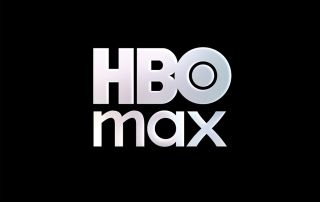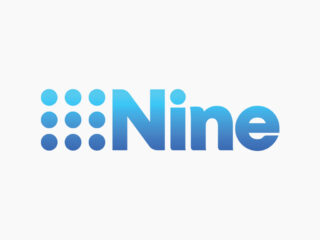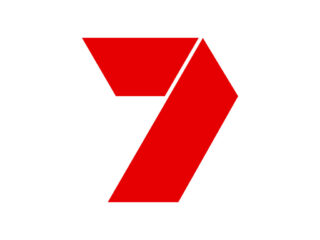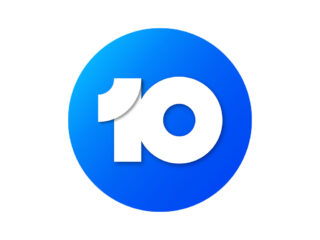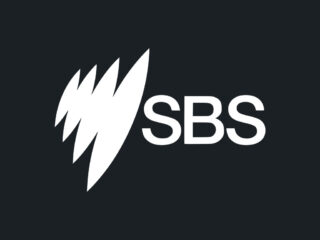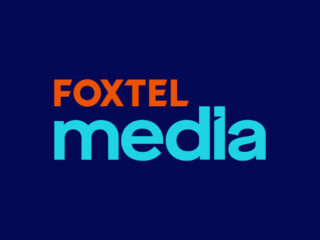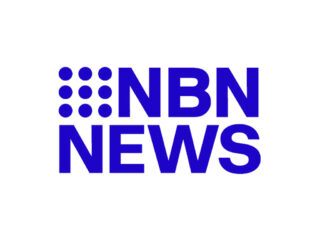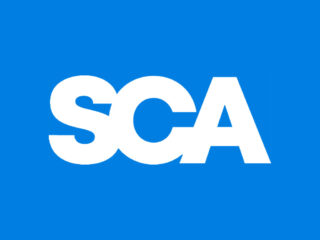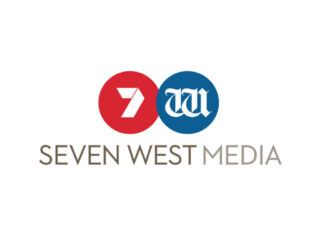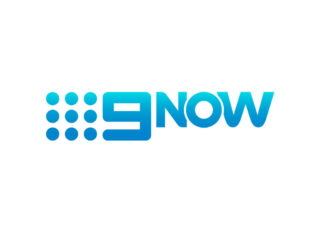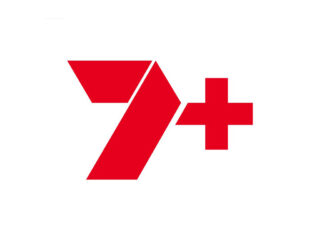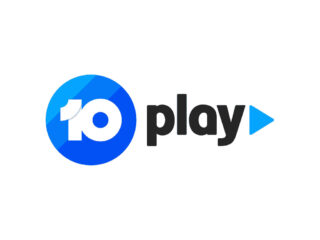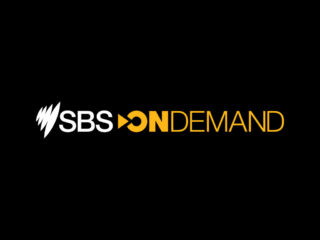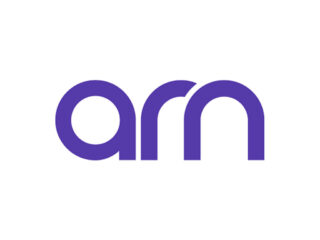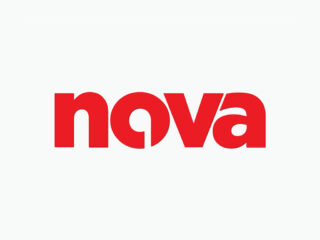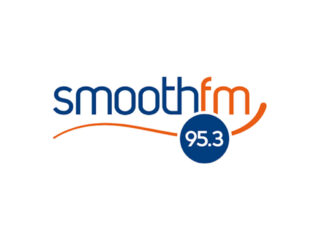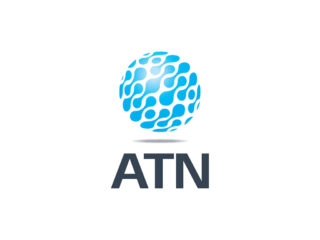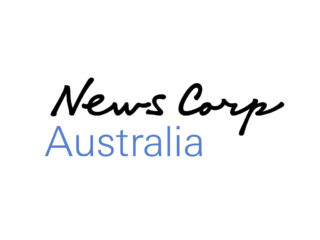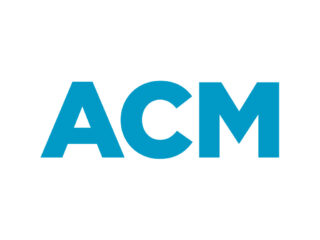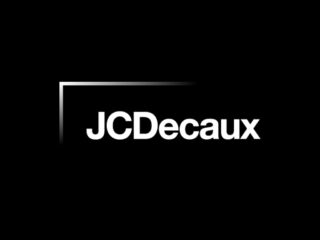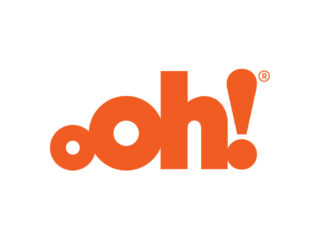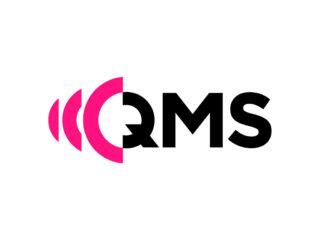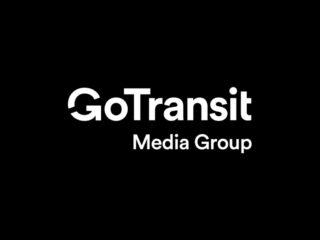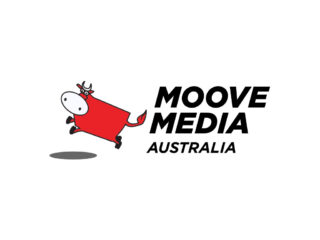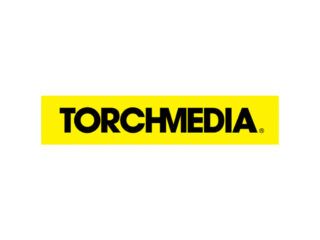Get a better understanding of how TV works and feel confident before moving ahead with a campaign
Understanding TV Advertising Costs in Australia
Television remains a powerful medium for advertising, offering extensive reach and the ability to connect with audiences visually and emotionally. When considering TV advertising rates, businesses often question how much does television advertising cost in Australia. The costs can vary significantly depending on several factors, including the time of day, the popularity of the program, and the specific channel.
For instance, TV advertising rates in Sydney are higher during prime time. Audience reach, nature of the program and viewer engagement influence advertising costs. TV advertising costs are also influenced by the length of the commercial, the specific timeslot, and the channel network.

TV advertising doesn’t have to be expensive, especially if you engage an expert with 20 plus years of experience
*TV Advertising Rates are approximate and for planning purposes only. For a detailed TV proposal, contact the TV advertising experts contact us
Example TV Rates by Network Channel
| Channel 7 Sydney Rate 1 x 15 Second Commercial Example |
|---|
| Sunrise $450 |
| The Morning Show $250 |
| Morning News $250 |
| 12 nn – 4 pm $300 |
| Afternoon News $400 |
| The Chase $750 |
| 6 pm News $3,500 |
| Home and Away $3,500 |
| Peak Night $4,500 |
| 7 Flix Sydney Rate 1 x 15 Second Commercial Example |
|---|
| 6 am – 9 am $20 |
| 9 am – 12 nn $40 |
| 12 nn – 4 pm $60 |
| 4 pm – 6 pm $75 |
| 6 pm – 9:30 pm $130 |
| 7 mate Sydney Rate 1 x 15 Second Commercial Example |
|---|
| 6 am – 9 am $25 |
| 9 am – 12 nn $45 |
| 12 nn – 4 pm $70 |
| 4 pm – 6 pm $85 |
| 6 pm – 9:30 pm $175 |

TV Advertising Terminology
Cost Per Thousand – cost per mille. The cost to reach 1000 people in your target audience
Cost Per Tarp – The cost to reach 1% of your target audience
Cost per Reach Point – is the cost of achieving a 1% gross rating point (GRP) or 1% of all households with access to television. The gross rating point formula is a simple calculation of the cost of the advertisement, divided by the GRP percentage number.
Gross Rating Point
Gross rating point (GRP) is a common metric in traditional ad buying that measures the impact of a given ad campaign. GRPs quantify impressions as a percentage of a target audience, multiplied by the frequency in which that audience sees the ad. It is most commonly used in traditional ad formats where precise measurement is not possible.
Target Audience
Target audience refers to the specific group of consumers most likely to want your product or service, and therefore, the group of people who should see your ad campaigns. Target audience may be dictated by age, gender, income, location, interests or a myriad of other factors.
Target Markets
Refers to the geographic area you want reach.
Metropolitan areas include Sydney TV Advertising, Melbourne TV Advertising, Brisbane TV Advertising, Adelaide TV Advertising, Perth TV Advertising
Regional TV advertising areas cover all areas outside of the 5 capital cities.
Ratings Period
TV has traditionally been measured over a 40 week calendar, however all 52 weeks are surveyed by Oztam. TV stations still work to a traditional 40 week calendar, with ratings breaks in January, March/April and December.
Peak Night
Refers to 6pm to 9.30/10.30pm where most audience aggregates and engages in topline programming
Fringe Peak
Refers to 5-6pm, 930/1030pm – midnight
Off Peak
All other times
Linear TV
Is traditional TV where the screen/tv is connected to an arial.
Catch Up & Connected TV
Refers to streaming via an app on a device (mobile, IPAD, desktop) or where the TV is connected via the internet to an app like 9NOW, 7PLUS, SBS On Demand, Foxtel, 10 Play. A different set of ads is served to Catch and Connected viewers.
Buying Strategy
This can heavily impact the success of a campaign. Variables such as budget, time in market, the ratio of peak to off peak, the proportion of 30 second slots versus 15 second slots, program sponsorships, target CPMs and programming that engages viewers are key to delivering a successful campaign.
Rate Negotiation
An experienced buyer should have an established and long term relationship with the sales departments of each network. MPA has 20 + year relationships! The combination of the buying strategy, rate negotiation and the inclusion of bonus ads and sponsorships billboards is key to delivering a success campaign.
Bonus
Refers to no charge slots provided by the TV station.
Guaranteed Bonus
This is when we negotiate a guaranteed dollar value or TARP value of bonus to run with a campaign
Floating Sponsorship Billboards
These run at the pre, mid and post program and are ‘this program brought to you by’. We negotiate these as a no charge value add with your campaign. The billboards add frequency to the campaign.
Sponsorships
This refers to a category exclusive sponsorship of a peak night program.
Program Integration
We work with the programs producers to create exclusive in program content/segments, that is wrapped by sponsorship billboards and ads.
Free TV Australia
Free TV Australia is the peak industry body representing commercial television broadcasters.
Clear Ads Australia.
Every TV commercial must have a Clear Ads number, known as a CAD number. This is run by Free TV Australia. Your ad is submitted to CAD for approval and a classification is allocated and any claims made in the commercial must be substantiated.
Audience Measurement OzTAM
OzTAM is Australia’s official source of television audience measurement, covering broadcast free-to-air viewing in the five mainland metropolitan markets; subscription television nationally and BVOD viewing on connected devices throughout Australia.
How much does a TV ad cost to produce?
There are a many variables. Creative, talent, location, studio, cameras, lights, wardrobe, post production, music OR graphics, supers and stock footage. Our commercials start at $1500+GST for graphics based commercials and incrementally rise
What are the available tv commercial ad lengths?
Most commercials are 30 or 15 seconds in duration.
Other lengths are
- 180 seconds
- 120 seconds
- 90 seconds
- 60 seconds
- 45 seconds
- 30 seconds
- 30 second top and tail
- 15 seconds
- 15 second top and tail
- 10 seconds
- 5 seconds
Note: stations charge a load for commercials that are not 30 seconds. EG a 15 second commercial is charged at 60% of a 30 second commercial. An experienced media buyer will be able to negotiate a 15 at 50%.


How is a TV advertising campaign measured?
Reach & Frequency
Reach refers to the unique audience that will hear your radio advertising campaign and is measured in thousands of people
Frequency refers to the average number of times the unique audience will hear your campaign. We recommend a minimum of 3+ reach for the viewer to engage with your message.
TARPS
Total audience ratings points are expressed as a % of the target audience.
Gross Impacts
This is non exclusive reach of a campaign. If a person sees the ad more than once, it is counted more than once
Want to know how MPA Media can help with your next Media campaign? Contact us now or read on.
FAQs About TV Advertising in Australia
The cost of TV advertising in Australia can range from a few dollars to several thousand dollars per slot, depending on factors like time slot, channel, audience reach and whether it is regional or metropolitan broadcasting.
The best time to advertise for maximum reach is during peak hours, generally from 6 PM to 10 PM, when viewer engagement is at its highest.
Targeting specific audiences can be achieved by selecting TV programs that align closely with the demographic profile of your target audience, utilising audience insights from network data, and choosing time slots where your desired audience is predicted to be watching.
Yes, rates can often be negotiated based on the volume of advertising, the share of spend commitment to a channel, market demand and the relationship with the network. Leveraging a media buying agency can also facilitate better negotiation outcomes and bonus placements.
By understanding these elements and leveraging expert advice from media planning agencies, businesses can effectively navigate the complexities of TV advertising and achieve a successful advertising campaign.

